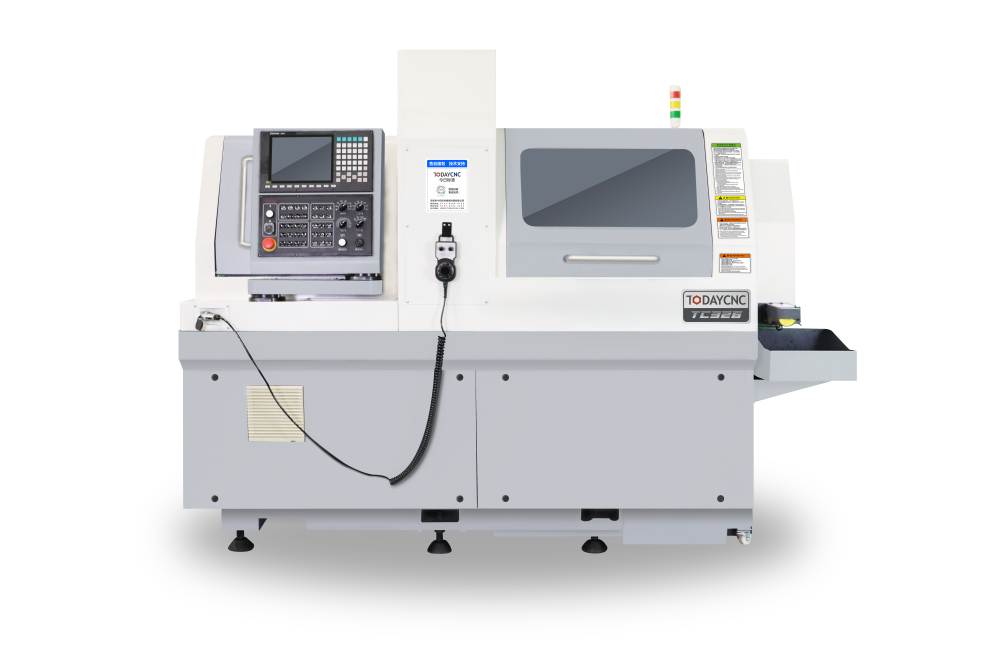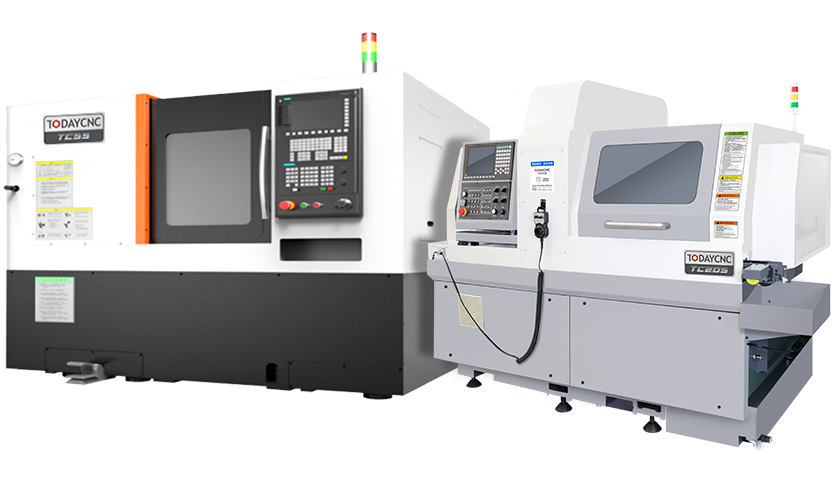Exploring the Advantages of Wholesale CNC Milling and Turning Machines for Manufacturing Efficiency
Exploring the Advantages of Wholesale CNC Milling and Turning Machines for Manufacturing Efficiency
Table of Contents
- 1. Introduction to CNC Milling and Turning Machines
- 2. Benefits of Wholesale CNC Milling and Turning Machines
- 2.1 Cost-Effectiveness
- 2.2 Improved Precision and Accuracy
- 2.3 Increased Productivity
- 2.4 Versatility in Applications
- 3. Key Applications of CNC Milling and Turning Machines
- 4. Considerations When Purchasing CNC Machines
- 5. Frequently Asked Questions
- 6. Conclusion
1. Introduction to CNC Milling and Turning Machines
In today's manufacturing landscape, **CNC (Computer Numerical Control)** machines have become indispensable tools that significantly enhance the efficiency and quality of production processes. **CNC milling and turning machines**, in particular, offer an array of advantages for manufacturers looking to improve their operations. These machines utilize sophisticated technology to automate and optimize the machining processes, allowing for both complex and simple tasks with ease.
Investing in **wholesale CNC milling and turning machines** can transform your production capabilities, providing you with a competitive edge in an increasingly demanding industry. This article delves into the myriad benefits, applications, and key factors to consider when purchasing these powerful tools.
2. Benefits of Wholesale CNC Milling and Turning Machines
When it comes to enhancing manufacturing processes, the advantages of wholesale CNC milling and turning machines are substantial. Below, we detail some of the most significant benefits these machines offer.
2.1 Cost-Effectiveness
One of the primary reasons businesses opt for wholesale CNC machines is the **cost savings** associated with their use. Although the initial investment can be substantial, the long-term savings often outweigh these costs. CNC machines minimize human error, resulting in less waste and rework. Additionally, their ability to operate continuously, often without breaks, maximizes production.
Bulk purchasing from wholesalers can further reduce costs, making it easier for businesses to achieve a favorable return on investment. By lowering operational costs, manufacturers can allocate resources to other areas of their business, enhancing overall profitability.
2.2 Improved Precision and Accuracy
Precision is paramount in manufacturing, and CNC milling and turning machines excel in this regard. These machines are designed to produce parts with high tolerance levels, ensuring that each component is manufactured consistently and accurately. The automation of machining processes eliminates human error and variability, leading to superior quality products.
With advanced software and controls, manufacturers can program CNC machines to execute complex designs that would be difficult or impossible to achieve manually. This level of precision can significantly enhance product quality and customer satisfaction.
2.3 Increased Productivity
Efficiency is critical in manufacturing, and wholesale CNC milling and turning machines are known for their ability to boost productivity. These machines can operate for extended periods without the need for breaks, allowing for increased output. Additionally, they can perform multiple machining operations in a single setup, reducing the time required for production.
The speed of CNC machines means that manufacturers can meet tight deadlines and respond quickly to market demands. This agility is especially valuable in today's fast-paced business environment.
2.4 Versatility in Applications
CNC milling and turning machines are incredibly versatile and can be utilized across various industries, including aerospace, automotive, and medical manufacturing. They can handle a diverse range of materials, such as metals, plastics, and composites, making them suitable for many applications.
Whether creating intricate parts for high-tech machinery or simple components for consumer products, CNC machines can adapt to different projects with minimal downtime. This versatility enhances their value in any manufacturing facility.
3. Key Applications of CNC Milling and Turning Machines
The applications of CNC milling and turning machines are vast and varied. Here are some key applications that illustrate their utility in the manufacturing sector:
3.1 Aerospace Industry
In the aerospace industry, precision is critical. CNC machines are used to manufacture components like turbine blades and structural parts, ensuring that they meet strict safety and performance standards.
3.2 Automotive Manufacturing
CNC milling and turning machines play a vital role in automotive manufacturing, producing everything from engine components to interior fixtures. Their ability to deliver high-quality parts quickly makes them ideal for this fast-moving industry.
3.3 Medical Device Production
The medical industry requires components that are not only precise but also compliant with stringent regulations. CNC machines are used to create surgical instruments, prosthetics, and implants, ensuring the highest levels of quality and reliability.
3.4 Custom Manufacturing
CNC technology allows for customization at scale. From prototypes to short-run production, businesses can leverage CNC machines to produce tailored components that meet specific customer needs.
4. Considerations When Purchasing CNC Machines
Before investing in wholesale CNC milling and turning machines, it's essential to consider several critical factors to ensure you make the best choice for your manufacturing needs.
4.1 Quality of Machines
Not all CNC machines are created equal. It's crucial to assess the quality of the machines you are considering, as this will impact their performance and longevity. Look for reputable manufacturers known for producing high-quality CNC equipment.
4.2 Supplier Reputation
Selecting a supplier with a strong reputation in the industry can significantly impact your purchasing decision. Research potential suppliers and read customer reviews to ensure they provide reliable products and excellent customer service.
4.3 Warranty and Support
When purchasing CNC machines, consider the warranty and support offered by the supplier. A comprehensive warranty can provide peace of mind and protection for your investment. Additionally, access to customer support can help you address any issues that may arise during operation.
5. Frequently Asked Questions
5.1 What are the main differences between milling and turning machines?
Milling machines primarily use rotating cutting tools to remove material from a workpiece, while turning machines rotate the workpiece against a stationary tool to shape it.
5.2 How do CNC machines improve manufacturing efficiency?
CNC machines automate processes, reduce human error, and increase production speed, allowing manufacturers to operate more efficiently.
5.3 Can CNC machines handle multiple materials?
Yes, CNC milling and turning machines can process various materials, including metals, plastics, and composites, making them versatile for different applications.
5.4 What factors should I consider when selecting a CNC machine?
Consider quality, supplier reputation, warranty and support, your specific manufacturing needs, and the types of materials you will be working with.
5.5 How do I maintain a CNC machine for optimal performance?
Regular maintenance, including cleaning, lubrication, and periodic checks of mechanical components, is essential to ensure the longevity and performance of CNC machines.
6. Conclusion
Investing in wholesale CNC milling and turning machines can significantly enhance your manufacturing capabilities. The benefits, including cost-effectiveness, improved precision, increased productivity, and versatility, make them an indispensable asset in today's competitive market. By carefully considering the various factors and applications discussed in this article, you can make informed choices that will elevate your manufacturing processes and position your business for future success. As the manufacturing landscape continues to evolve, embracing CNC technology is a proactive step toward staying ahead in an increasingly complex industry.













